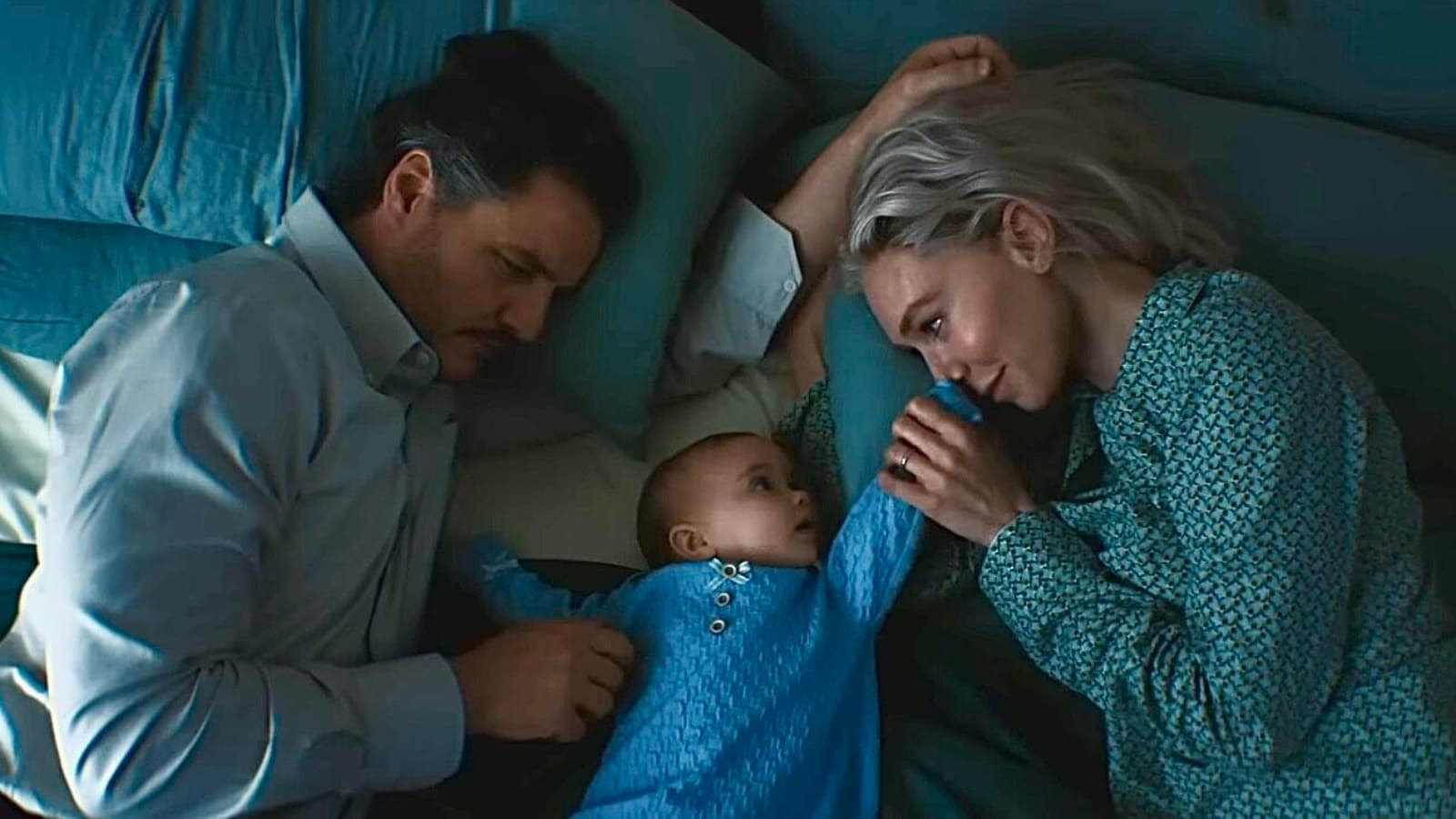'Sauna' review: A raw and sensual Danish drama about queer intimacy, trans identity, and emotional disconnect
Copenhagen-based filmmaker Mathias Broe makes a striking and emotionally resonant debut with Sauna, a bold and sensitively observed Danish drama that immerses audiences in a story of queer desire, emotional miscommunication, and the often-fractured connections between gay and trans identities.
Christian Geisnæs/Courtesy of Sundance Institute
Set against the steamy backdrop of a Copenhagen gay sauna, Sauna follows Johan (played with aching vulnerability by Magnus Juhl Andersen), a soft-spoken newcomer from Odense who navigates the carnal labyrinth of anonymous sex, queer clubbing, and emotional isolation while working at Adonis, a men-only bathhouse. Surrounded by desire but untouched by genuine connection, Johan seems to float through a life of surface-level gratification until he meets William (Nina Rask), a self-possessed trans man who awakens in him a deeper longing for intimacy.
Adapted by Broe and co-writer William Lippert from Mads Ananda Lodahl’s novel, Sauna carefully dissects the complexities of a romance shaped by power imbalances, misread boundaries, and differing lived experiences. What begins as a Grindr hookup between Johan and William blossoms into a fragile relationship, fractured by moments of misunderstanding and privilege blindness. A tender but telling moment early on—when Johan reaches for William’s chest only to be rebuffed—hints at deeper divides in how each partner moves through the world.
While Johan’s experiences as a young gay man in a relatively accepting environment afford him freedom and erotic access, William lives with the emotional and physical toll of transition, the precariousness of access to care, and exclusion from even some queer spaces. Broe’s film quietly interrogates these disparities, drawing attention to how intersectionality complicates even the most sincere affections.
Johan’s attempts to belong in William’s world are clumsy at best and damaging at worst. A key turning point arrives when he brings William to Adonis on a night off, oblivious to how unsafe and unwelcome that space might feel for his partner. The fallout is swift and painful, culminating in William’s abrupt departure and Johan’s slow realization of the depth of his ignorance.
Despite its moments of awkwardness and cliché—including a subplot involving stolen money and a well-meaning but familiar AIDS-era monologue from Johan’s boss—Sauna distinguishes itself with its emotional authenticity and sharp insight. The film’s sex scenes are notable not for their eroticism alone but for their narrative intimacy: one tender encounter sees William gift Johan a strap-on, reversing typical gendered roles with unforced sweetness and vulnerability.
What makes Sauna especially impactful is its refusal to vilify either party. William’s guardedness is portrayed as a survival mechanism, while Johan’s ignorance is grounded in genuine, if misguided, affection. Their relationship, full of fits and starts, offers a powerful meditation on the limits of love when shaped by structural inequity and emotional inexperience.
Broe’s personal investment in the material—his partner began transitioning during the development of the film—imbues Sauna with a sense of lived-in compassion. It's a film that understands queer desire not as a monolith but as a kaleidoscope of contradictions, complexities, and deeply human yearnings.
Visually rich, emotionally mature, and anchored by standout performances, Sauna is a fresh and necessary entry into queer cinema. It offers no easy resolutions but delivers something far more valuable: a nuanced portrayal of queer love’s possibilities and pitfalls, crafted with care, sensuality, and intelligence.










